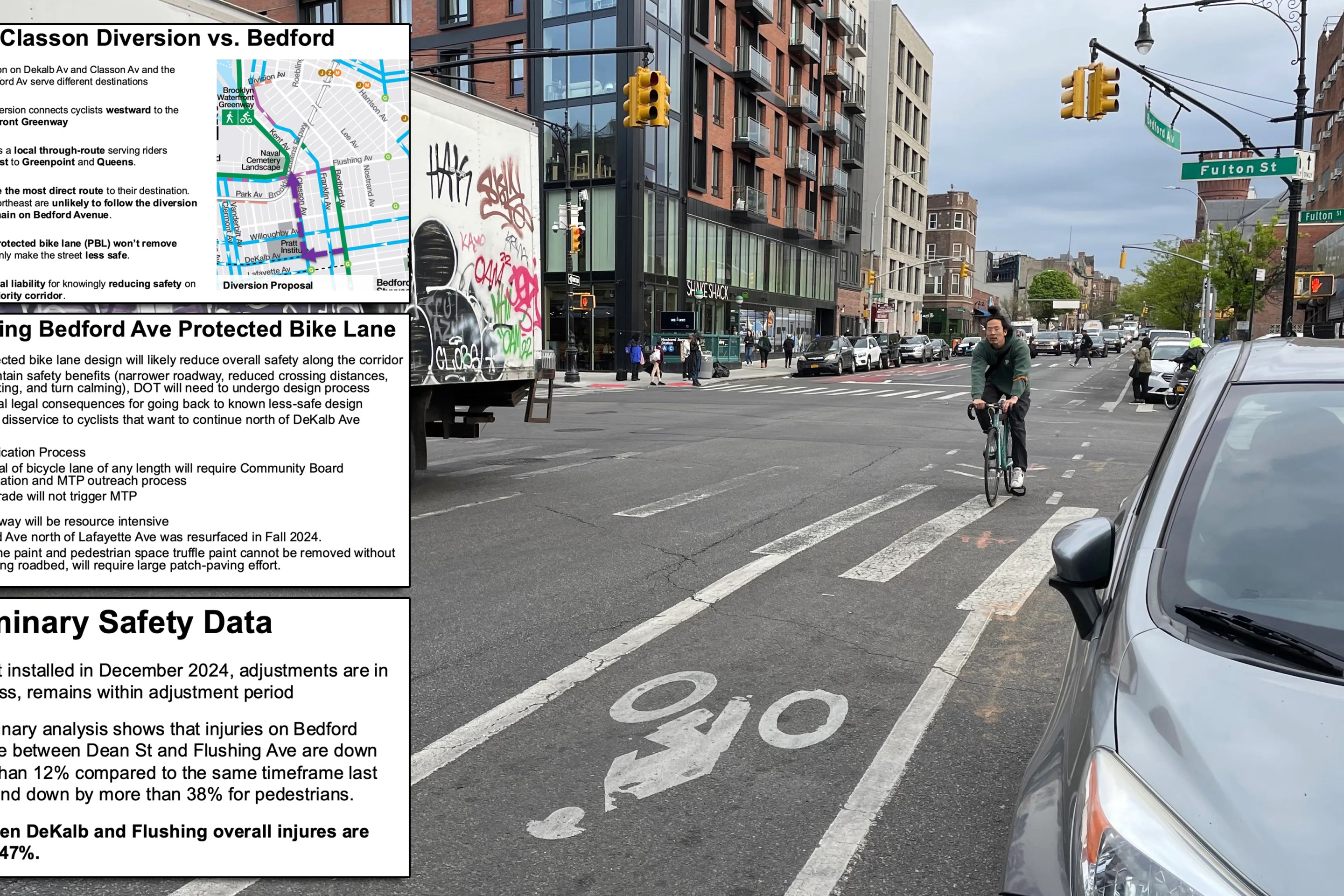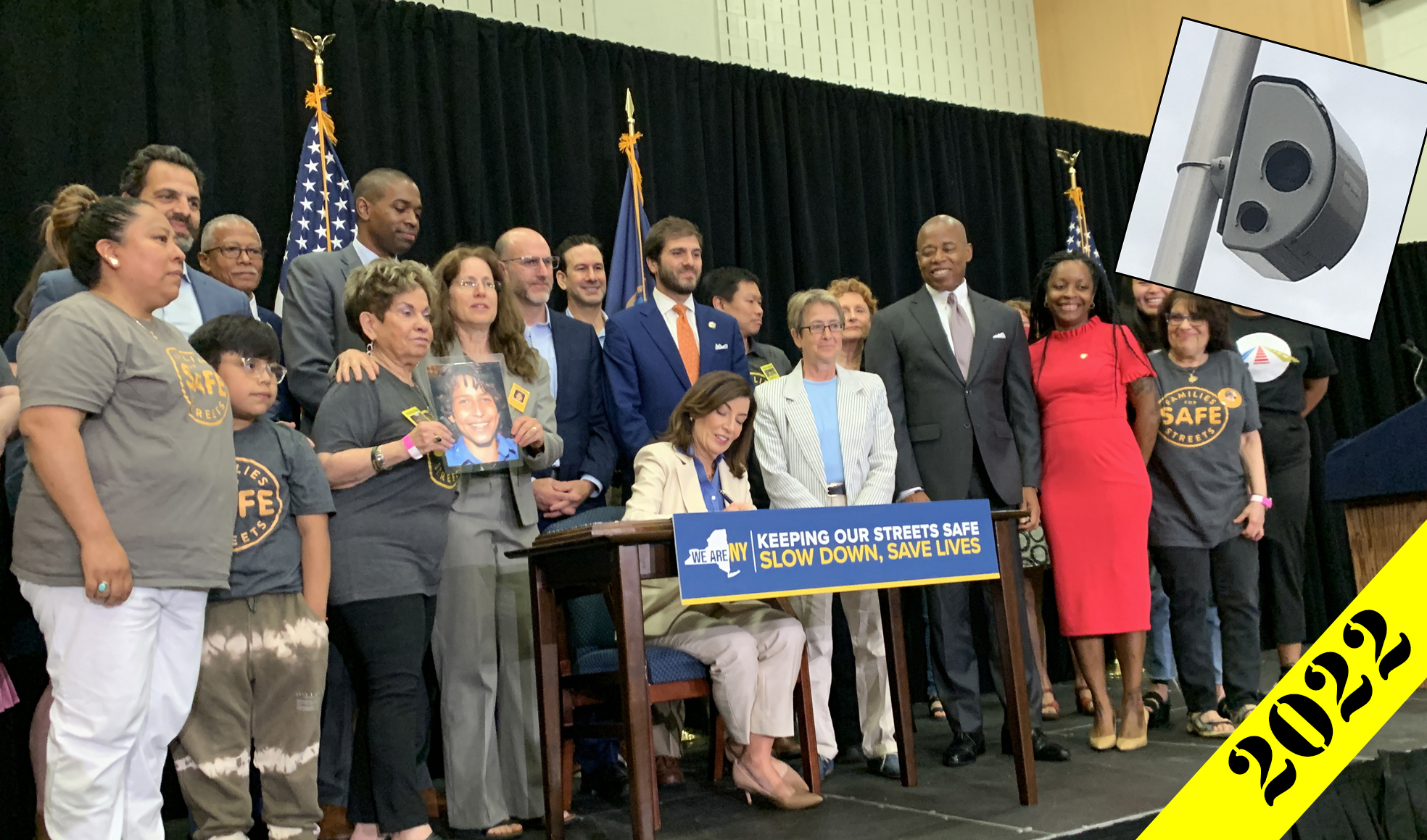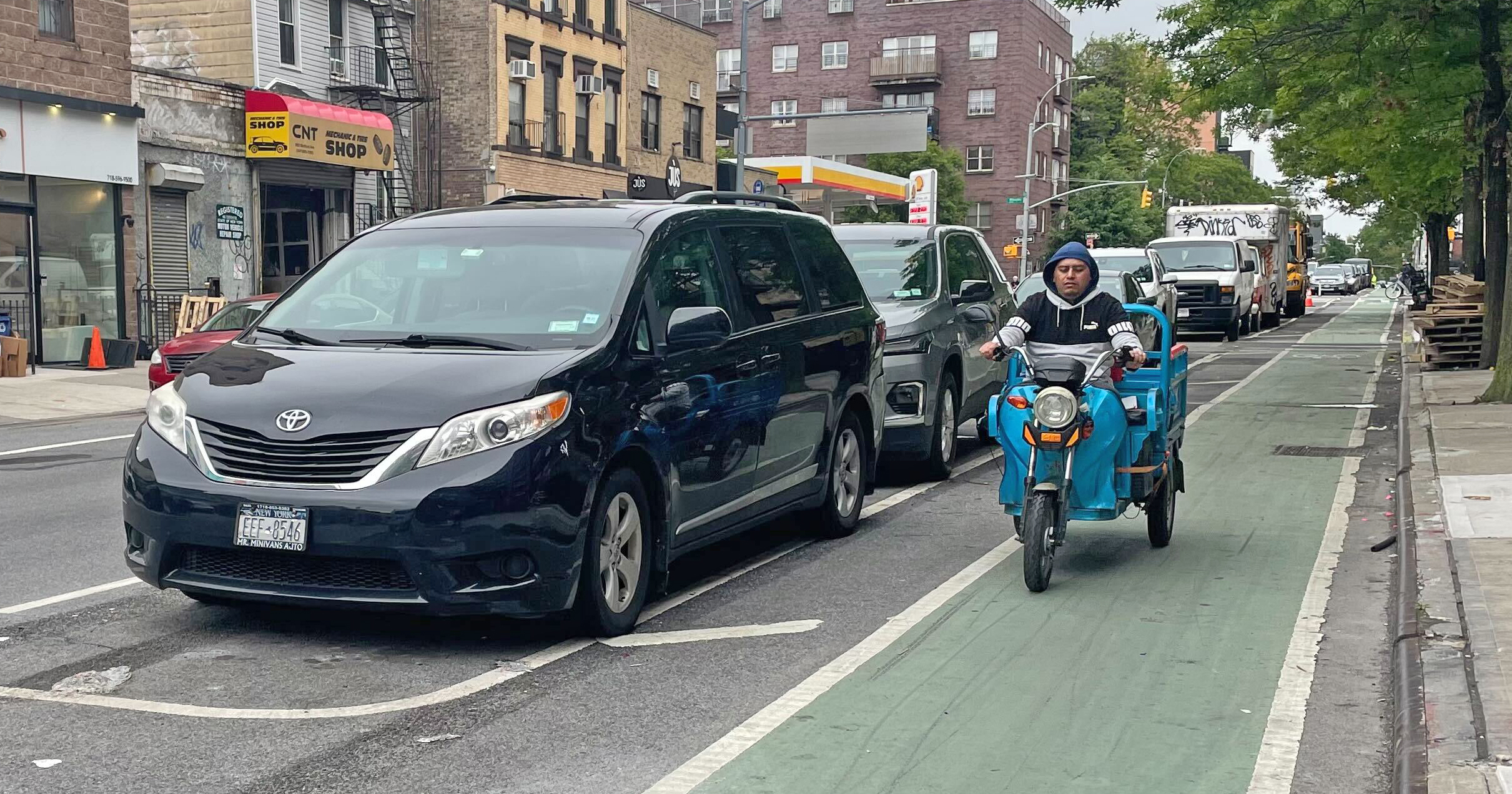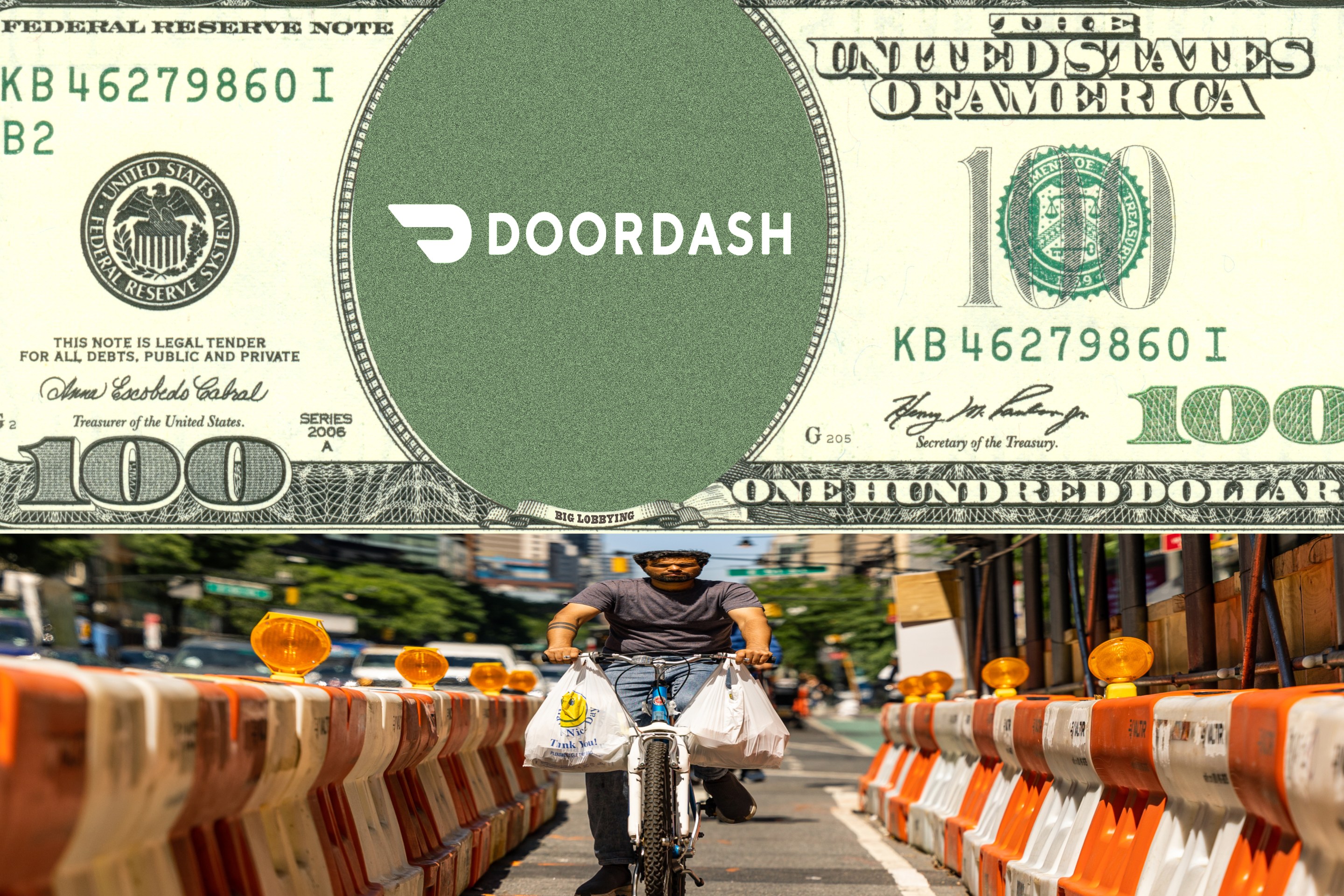
In an op/ed for the Los Angeles Times, Gregg Easterbrook suggests that if 245,000 Americans had died in terrorist attacks since September 11th, the country would be "utterly gripped by a sense of national emergency." Well, 245,000 Americans have died since 9/11, all of them on our nation's roadways:
While the tragedy of 3,000 lives lost on 9/11 has justified two wars, in which thousands of U.S. soldiers made the ultimate sacrifice, the tragedy of 245,000 lives lost in traffic accidents on the nation's roads during the same period has justified . . . pretty much no response at all. Terrorism is on the front page day in and day out, but the media rarely even mention road deaths. A few days ago, the National Highway Traffic Safety Administration announced that 42,642 Americans died in traffic in 2006. Did you hear this reported anywhere?
This phenomenon is not just American, it is global. Traffic deaths are the fastest-rising cause of death in the world. Yet you've heard far more about H5N1 avian influenza, which has killed 192 people worldwide since being detected five years ago, than about the 6 million people who have died in traffic accidents in the same period. Last year alone, 1.2 million people were killed on the world's roads, versus about 100,000 dead as a result of combat. The last decade is believed to be the first time in history that roads posed a greater danger to human beings than fighting (which is partly a reflection of the decline of war).
Easterbrook attempts to figure out why nobody seems to care:
Do the media downplay road dangers in part because the auto industry is the No. 1 advertiser on TV and among the top advertisers for newspapers? Detroit would much rather Brian Williams or Katie Couric titter about Paris Hilton, or the L.A. Times feature articles on Waziristan, than hear about 42,642 dead on the roads last year.
Typical Americans are to blame as well. Because we don't want to contemplate dying in a car crash, we seem to assume that highway fatalities cannot be reduced, that they fall into the "stuff happens" category. This isn't so. Risks of driving or of crossing the street -- each year more pedestrians die in the United States than the death toll of 9/11 -- could be reduced significantly without any sacrifice of freedom by car owners.
Relative to passenger-miles traveled, traffic fatalities have declined in the United States owing to anti-lock brakes, air bags, impact engineering (a hidden safety feature of most new vehicles) and the big rise in shoulder-harness use (your seat belt is much more important to safety than air bags). Tougher laws and social awareness have reduced drunk driving. Yet fatalities per mile traveled have not fallen as much as might be expected given improved technology and less alcohol-impaired driving. There appear to be two key reasons: cellphones and horsepower.
Driving while yakking may seem harmless to you, but try telling that to the loved ones of the hundreds or even thousands who die each year in totally avoidable phone-related accidents. Holding a cellphone while driving will become illegal in California in 2008. But the odds of getting stopped are slight. Automated cameras now issue speeding tickets; why can't they issue tickets to owners of cars photographed with a driver using a phone?
Photo: spanaut/Flickr





